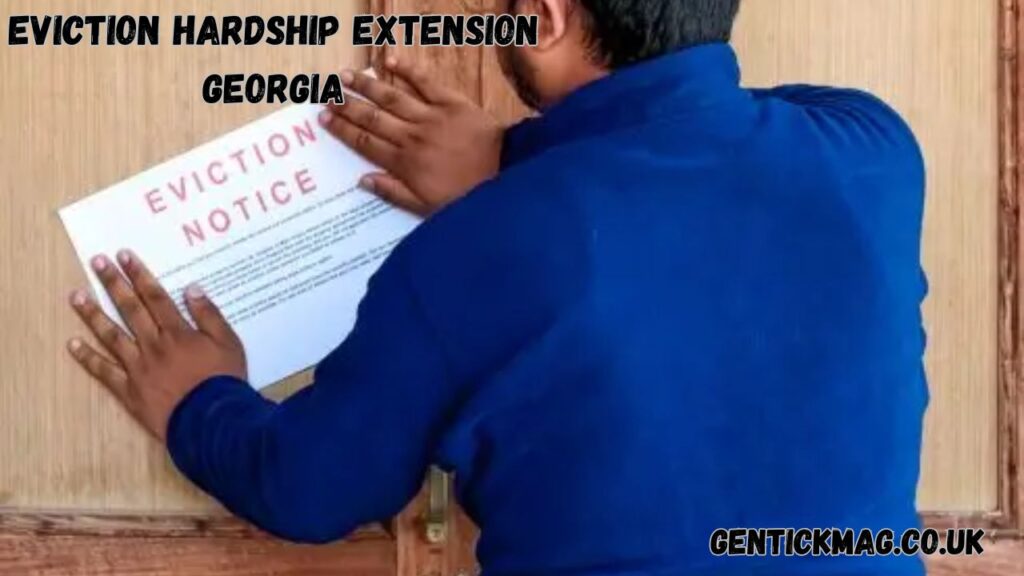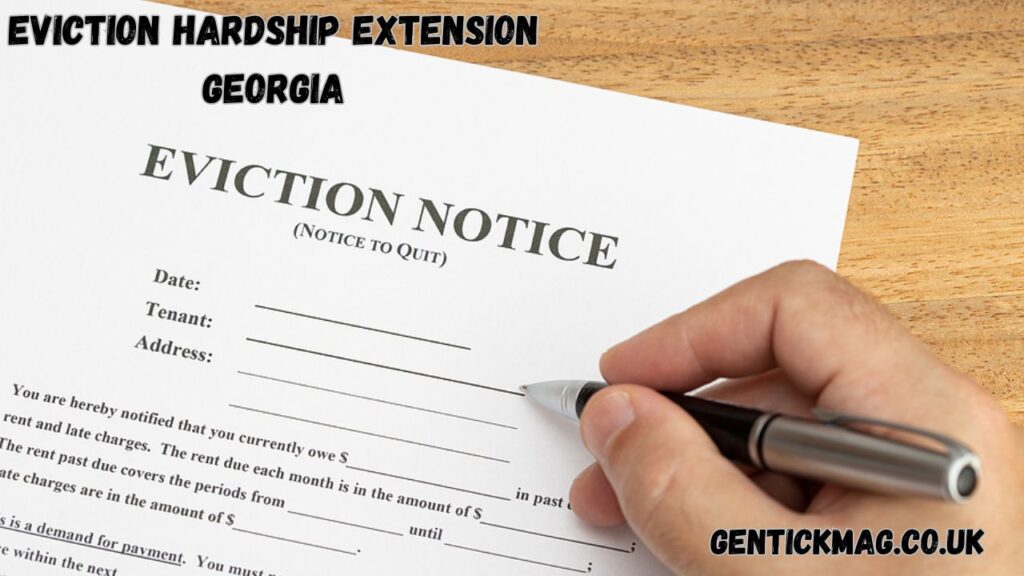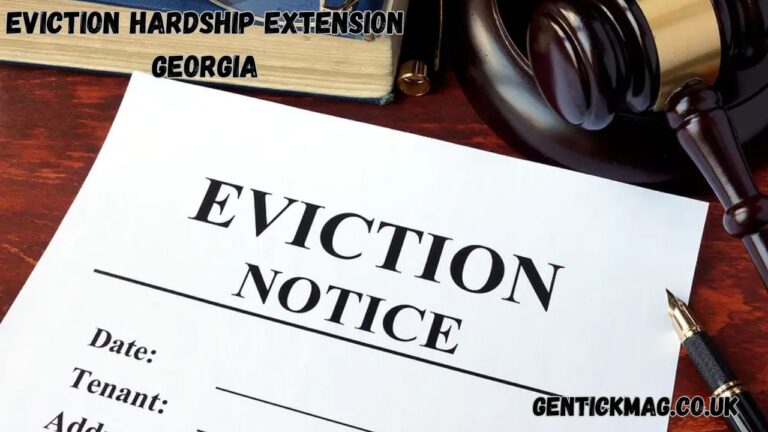Understanding the Eviction Hardship Extension
The concept of an eviction hardship extension is a critical legal mechanism designed to provide temporary relief for tenants facing eviction. Especially in recent years, with economic instability affecting countless households, many renters have turned to this extension as a last resort to stay in their homes. In the state of Georgia, the eviction hardship extension Georgia has gained prominence, offering families time to stabilize financially before being displaced.
The Legal Framework of Eviction in Georgia
Evictions in Georgia follow a legal process that begins with a notice from the landlord and, if unresolved, can escalate to court filings. For tenants behind on rent or violating lease terms, eviction is often swift. However, when a renter faces extraordinary circumstances such as job loss, medical emergencies, or family crises, they may be eligible to apply for an eviction hardship extension to delay their removal.
What Is an Eviction Hardship Extension Georgia?

An eviction hardship extension Georgia refers to a legal request made by a tenant to postpone their eviction due to financial hardship. This extension is not a cancellation of the eviction but a delay granted by the court, usually lasting a few days to several weeks. The goal is to give the tenant time to find alternative housing, gather funds, or resolve the underlying issue causing the eviction.
Who Qualifies for an Eviction Hardship Extension?
Qualifying for an eviction hardship extension generally requires proof of genuine hardship. Georgia courts look for evidence of circumstances such as unemployment, sudden medical expenses, disability, or other emergencies. Documentation like termination letters, hospital records, or financial statements can strengthen a tenant’s claim when seeking an eviction hardship extension Georgia.
How to Apply for an Eviction Hardship Extension in Georgia
In Georgia, the process of applying for an eviction hardship extension involves filing a motion with the court after an eviction judgment has been entered. Tenants must appear before a judge and explain their situation, presenting any evidence of hardship. Judges have discretion to approve or deny the request. The eviction hardship extension Georgia request is time-sensitive and must be filed quickly after the court ruling.
Common Scenarios Where Hardship Extensions Are Granted
Courts in Georgia may grant an eviction hardship extension for various reasons. These include tenants caring for ill family members, awaiting emergency rental assistance, or trying to secure new housing. In most eviction hardship extension Georgia cases, the court aims to balance the needs of the landlord with the humanity of the tenant’s situation.
How Long Can an Eviction Hardship Extension Last?
In Georgia, an eviction hardship extension may vary in duration. Courts typically grant anywhere from 7 to 14 days, but under extraordinary circumstances, this period can be extended slightly longer. However, renters should understand that the eviction hardship extension Georgia is temporary and not a permanent solution to housing insecurity.
Can You Reapply for Another Hardship Extension?
Reapplying for a second eviction hardship extension is uncommon and typically discouraged unless the tenant can show a new, compelling hardship. In most eviction hardship extension Georgia cases, the judge expects the tenant to use the original extension period to resolve their housing crisis or relocate.
Financial Aid and Rental Assistance Resources
Tenants seeking an eviction hardship extension should also explore financial aid options. Georgia offers various rental assistance programs at the state and county level. These can provide temporary relief and strengthen the case for a hardship extension. Citing active applications for such assistance may increase the likelihood of securing an eviction hardship extension Georgia.
The Role of Legal Aid in Georgia
Low-income tenants seeking an eviction hardship extension Georgia can benefit from free legal aid services. Organizations like Georgia Legal Services Program and Atlanta Legal Aid offer representation and guidance. Legal professionals can help draft motions, gather evidence, and represent tenants in court during hardship extension hearings.
Impact of COVID-19 on Eviction Hardship Extensions
The pandemic brought the topic of eviction hardship extension into the national spotlight. Georgia, like many other states, saw a surge in eviction filings during the COVID-19 crisis. Emergency orders temporarily halted evictions, and many tenants received eviction hardship extension Georgia relief based on pandemic-related job losses and medical concerns.
Landlord Perspective on Hardship Extensions
While hardship extensions aim to help tenants, landlords also face financial strain when rent is unpaid. Georgia courts attempt to strike a balance by offering limited extensions and encouraging tenants to settle or vacate voluntarily. The eviction hardship extension does not erase the debt but serves as a pause in proceedings to reduce abrupt homelessness.
Tenant Rights During the Extension Period
Tenants granted an eviction hardship extension Georgia retain their legal rights during the extension period. Landlords cannot forcibly remove tenants or shut off utilities. Rent may continue to accrue, and tenants should maintain communication with both their landlords and the court to avoid further complications.
How Judges Decide on Eviction Hardship Extensions
When deciding on an eviction hardship extension, Georgia judges evaluate the tenant’s circumstances, the landlord’s position, and any supporting documentation. Factors such as dependents, medical needs, or pending aid applications can influence the judge’s ruling. In eviction hardship extension Georgia cases, compassion and practicality both play a role in court decisions.
Success Stories of Hardship Extension in Georgia
Many renters across the state have successfully obtained an eviction hardship extension Georgia, allowing them enough time to avoid homelessness. These cases often involve families, elderly individuals, or single parents who used the extra time to secure stable housing or access community aid. Their stories underline the importance of such legal remedies.
Challenges in Getting an Eviction Hardship Extension
Despite its availability, getting an eviction hardship extension can be difficult. Lack of legal representation, language barriers, and unfamiliarity with the court system are major hurdles. In Georgia, advocacy groups continue to work toward improving awareness and accessibility of the eviction hardship extension Georgia process.
What Happens After the Extension Ends?

Once the eviction hardship extension expires, tenants are expected to vacate the property unless an alternative resolution has been reached with the landlord. In some eviction hardship extension Georgia cases, tenants secure emergency housing, while others negotiate payment plans or settlements to remain in place.
Preventing Evictions Before They Happen
While eviction hardship extension Georgia offers temporary help, the long-term solution lies in prevention. Tenants should maintain clear communication with landlords, seek help early, and document any hardships. Utilizing nonprofit housing support or emergency rental programs can prevent eviction altogether—removing the need for extensions.
Policy and Legislative Outlook
Lawmakers in Georgia are increasingly aware of the housing challenges facing residents. As part of ongoing reforms, there is growing interest in strengthening eviction hardship extension policies to protect vulnerable renters. Such reforms may include longer extension periods, reduced court fees, and expanded access to legal aid.
Final Thoughts on Eviction Hardship Extensions in Georgia
The eviction hardship extension Georgia process is a vital yet often misunderstood lifeline for tenants in crisis. While it doesn’t erase debt or guarantee housing, it offers precious time—often the difference between stability and homelessness. Understanding your rights, acting quickly, and seeking help are key to making the most of any eviction hardship extension opportunity.
